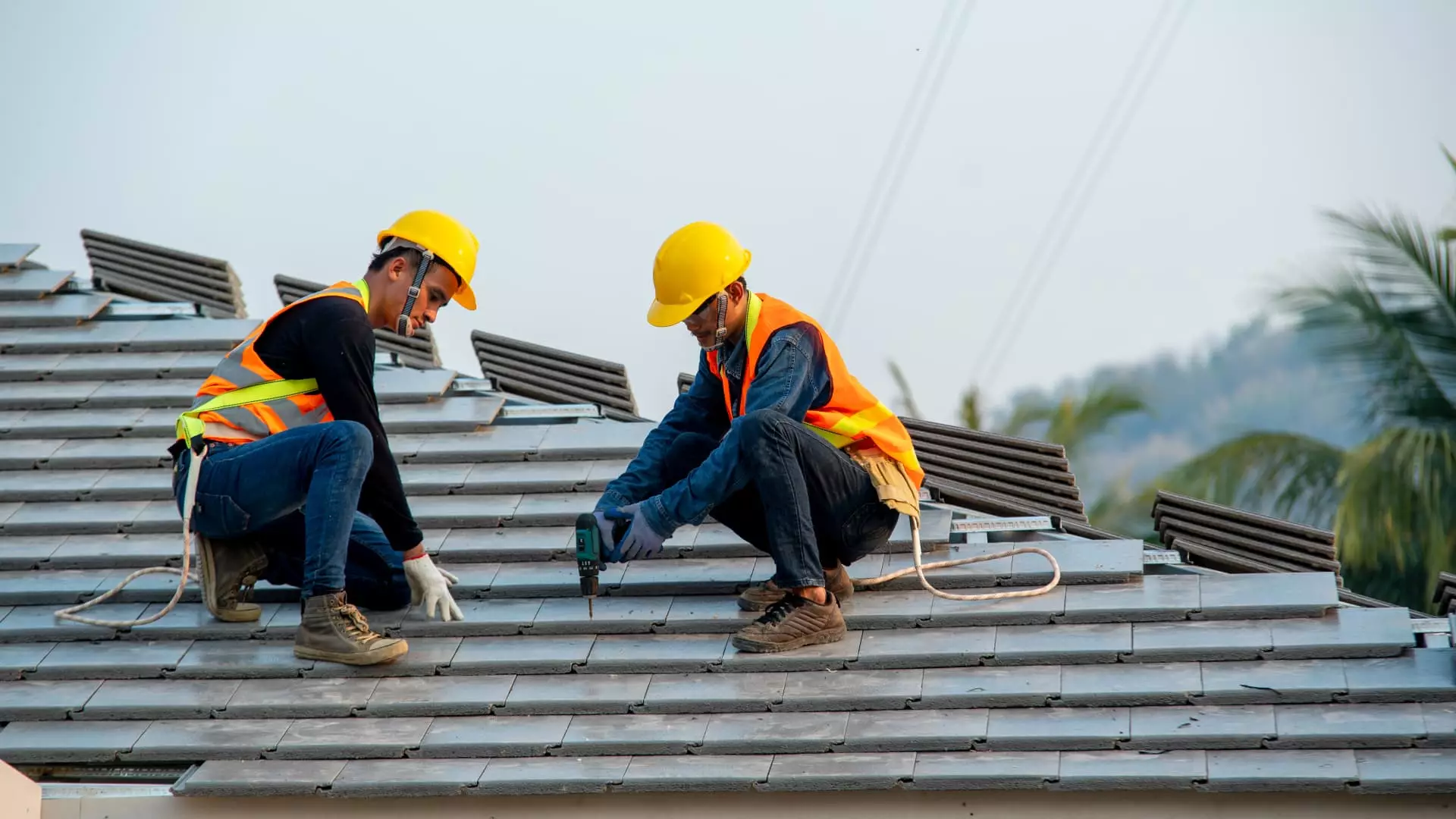Home repairs and renovations can be a significant financial burden. Recent studies reveal that cost pressures are prompting many homeowners to make risky decisions, opting to engage contractors who may not have sterling track records. A compelling report by Clever Real Estate illustrates that about one-third of homeowners are willing to overlook a contractor’s questionable reputation to save money on home improvement tasks. This article delves into the motivations behind this trend, the risks involved, and how homeowners can safeguard themselves against potential pitfalls.
Cost Over Quality: A Troubling Trade-Off
In the current economic climate, where home improvement can be prohibitively expensive, it is not surprising that homeowners are looking to cut costs wherever possible. According to Clever’s survey of 1,000 U.S. homeowners, the primary considerations when hiring a contractor are reputation, experience, and cost; however, a concerning 33% indicated a readiness to hire a contractor with an inadequate or dubious background. The allure of saving money can sometimes lead to poor decision-making, as many homeowners may underestimate the future repercussions of hiring unreliable contractors.
When evaluating contractors, homeowners generally prioritize reputation—cited by 25% of respondents—over experience (23%) and cost (19%). However, in a rush to save money, some may fail to thoroughly assess the risks they are taking. Those contractors with sketchy reputations often exhibit traits such as dishonesty regarding costs, inflated skill claims, sub-par quality of work, or even unreliability, leaving homeowners vulnerable to fraud and poor workmanship.
The turbulence of a natural disaster exacerbates this situation, as homeowners require immediate assistance with repairs while simultaneously trying to navigate insurance claims and recovery efforts. The aftermath of destructive storms often attracts unscrupulous contractors looking to take advantage of desperate homeowners. Loretta Worters from the Insurance Information Institute warns that many of these shady operators will promise repairs but vanish after taking upfront payments.
Indeed, after calamities like Hurricane Milton—projected to cause extensive damage—homeowners can easily fall prey to fraudulent schemes by contractors claiming expertise they don’t possess. Jamie Dunaway-Seale, a contributor to the Clever report, emphasizes that homeowners must exercise extreme caution during these chaotic times, as they risk being victimized a second time if they choose the wrong contractor.
Navigating contractor selection during home renovations is fraught with challenges, but it is certainly possible to protect oneself through diligent research and carefully following a few essential steps. An informed homeowner is far less likely to fall victim to fraud or subpar workmanship.
First, it is crucial to assess the contractor’s reputation thoroughly. As Angie Hicks, co-founder of Angi, proposes, start by seeking recommendations from family, friends, or neighbors who have had positive experiences with contractors. Online platforms can also provide valuable insights through reviews and ratings. Moreover, good contractors should be willing to provide references from previous clients, enabling potential customers to gauge satisfaction and reliability.
Next, verify credentials and licensing. Although requirements vary by state, all professional contractors should maintain insurance and be able to show proof. Lack of a license or insurance should raise immediate red flags. Additionally, check reputable construction organizations or state resources that list licensed contractors, providing further assurance of legitimacy.
Finally, obtain multiple estimates. Understanding the typical cost range for your project education ensures you won’t inadvertently accept a too-good-to-be-true offer. While reviewing estimates, look out for detailed breakdowns and clarity on payment structures. Experts recommend that upfront payments should ideally not exceed 10-20% of the total project cost to reduce risk.
While the pressure to save money on home repairs is understandable, hiring contractors with questionable reputations can lead to greater expenses and headaches down the line. The stakes are heightened following natural disasters when the sector attracts both well-meaning professionals and fraudulent operators. By prioritizing reputation checks, credential verification, and careful financial planning, homeowners can better navigate the complexities of contractor selection. Ultimately, taking the time for diligence can safeguard not only the financial investment in home renovations but also ensure a sense of security and satisfaction in the completed work.

